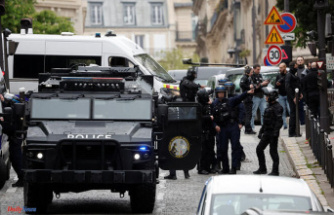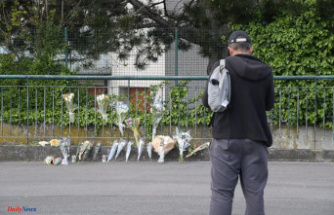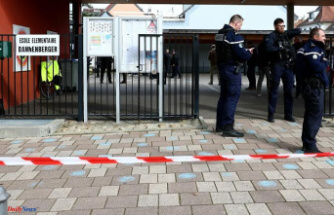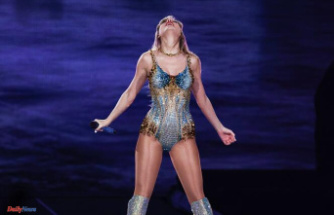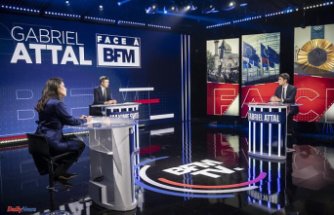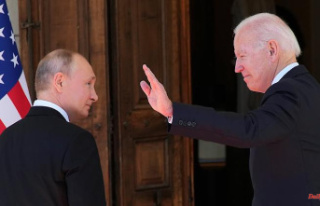War, sanctions and counter-sanctions are currently making the situation on the stock markets confusing and complex. Investors who have Russian securities in their portfolio should not do one thing above all.
Trading in Russian securities has been severely restricted for weeks. German investors can do little more than follow the share prices of their stocks on the screen. Buying and selling is currently practically impossible. So what to do?
If Germans have shares in Russian companies in their depots, these are usually depositary receipts, so-called ADRs (American Depository Receipts) or GDRs (Global Depository Receipts). These depositary receipts certify ownership of a share and are traded on its behalf. Holders of the certificates benefit as usual from price increases and dividend payments.
Frequently, US lenders issue the depositary receipts that hold the actual stocks behind the securitizations. The reason for this approach: It facilitates international trade.
But now it's like this: Since the beginning of April, a Russian law has been forcing domestic companies to end their depository receipt business. The securitisations are to be converted into shares and trading is to be relocated to Russia. This is how Russia wants to evade Western control.
Many ADR or GDR programs have therefore been terminated by Russian companies, says Jürgen Kurz from the German Association for the Protection of Securities (DSW). That is why many of them, including one of the important Gazprom programs, will expire in August this year.
For investors, the security is not gone. After the programs expire, they have up to a year to submit their securitisations to the issuing bank and exchange them for shares. Consumers will be informed of this by their custodian bank.
The catch: As of now, this exchange is not possible for most of them. Because of sanctions, you would need a deposit with a Russian bank. "That's exactly where the problem for affected private investors lies," says Jürgen Kurz. "As a rule, it is simply impossible for them to open such a depot." The deal cannot be processed via a deposit at a German bank.
"If the DRs have not been submitted by the end of the respective deadline, the respective US bank will try to sell the shares," said Kurz. But the sanctions would also have to be lifted for this. If the bank succeeds in selling, owners of depositary receipts receive the proceeds minus costs and fees, says Kurz. "It is completely open whether this will succeed and if so, at what price."
Speculators are taking advantage of the currently confusing situation and are offering investors to take over their quasi-frozen securitisations - in the hope that they will soon be tradable again. In return, investors receive a little money. Because, according to Kurz, this sale is a private business, the deal is possible despite sanctions. The securities then merely migrate from one custody account to another.
However, Jürgen Kurz advises investors not to accept such offers. "The takeover bids are ridiculously low," he says. "That's a bit of trickery." Although that could now be a solution if you want to get rid of the titles. But according to Kurz, those affected usually get so little money that the loss is almost 100 percent.
"Compared to that, the risk of waiting and waiting is hardly higher," he says. "At the very least, the price that American banks fetch should be higher, even after deducting costs, as soon as trading is possible again at some point." Against this background, the options for action are currently very limited. Kurz recommends that investors wait and see - there is not much more they can do at the moment.


